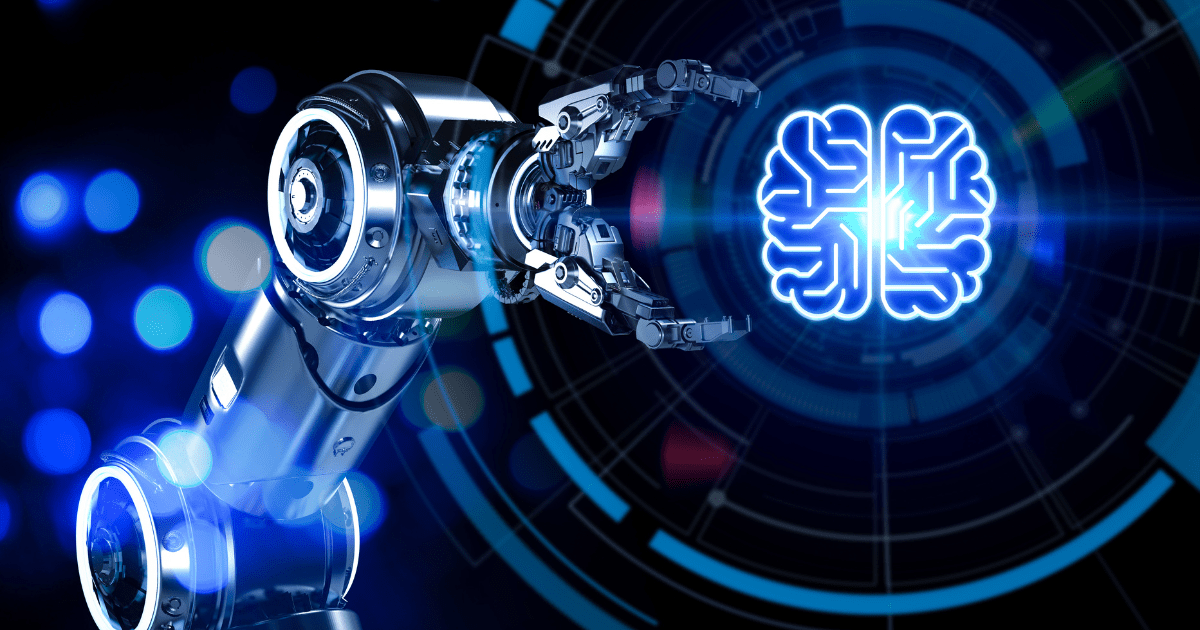
Artificial intelligence (AI) and machine learning (ML) are no longer exclusive to large corporations. Advanced technologies are now more accessible and affordable for small and medium-sized businesses.
These technologies offer numerous benefits that can enhance their operations. This includes improving efficiency, increasing productivity, and boosting competitiveness. Small and medium-sized businesses can take advantage of these advancements to grow and succeed in their respective industries.
AI and Machine Learning
AI refers to the development of intelligent systems that can mimic human cognitive functions like learning and problem-solving. Machine learning is a subset of AI that allows algorithms to learn and improve from data without explicit programming. By analyzing vast amounts of data, ML models can identify patterns, make predictions, and automate tasks, empowering SMEs to make data-driven decisions.
Benefits for SMEs
SMEs can leverage AI and ML in various aspects of their operations to achieve significant improvements. Here’s a glimpse into the treasure trove of benefits:
Enhanced Customer Experience:
- Chatbots and Virtual Assistants: AI-powered chatbots can provide 24/7 customer support, answer basic inquiries, and resolve simple issues, freeing up human agents for complex interactions.
- Personalized Marketing: ML can analyze customer data to understand preferences and buying behaviour. This enables you to deliver of targeted marketing campaigns, personalized recommendations, and special offers, fostering customer loyalty and boosting sales.
Streamlined Operations and Increased Productivity:
- Automated Tasks: Repetitive tasks like data entry, scheduling appointments, and generating reports can be automated using ML, freeing up valuable employee time for strategic initiatives.
- Predictive Maintenance: AI can analyze sensor data from equipment to predict potential failures, allowing for preventative maintenance and minimizing downtime. This translates to cost savings and improved operational efficiency.
Data-Driven Decision Making:
- Sales Forecasting: ML models can analyze historical sales data, market trends, and customer behaviour to predict future sales figures. This empowers you to make informed decisions about inventory management, resource allocation, and pricing strategies.
- Risk Management: AI can analyze financial data and identify potential risks associated with credit defaults or fraud. This enables you to make informed financial decisions and mitigate risks.
Improved Human Resources Management:
- Recruitment and Onboarding: AI can scan resumes and identify qualified candidates, streamlining the recruitment process. Additionally, chatbots can automate onboarding tasks, providing new hires with essential information and resources.
- Employee Retention: ML algorithms can analyze employee data to predict potential churn. This allows you to identify and address employee concerns proactively, fostering a positive work environment and boosting employee retention.
AI and Machine Learning: A Recipe for Success
While the benefits are undeniable, implementing AI and ML successfully requires careful consideration. Here’s a recipe for success
- Identify Needs and Goals: Clearly define the business challenges and goals you want AI/ML to address. This focused approach ensures you choose the right technology solutions.
- Data is King: Ensure you have access to high-quality, structured data for ML models to learn effectively. Invest in data collection and management practices to make the most of AI/ML.
- Start Small, Scale Smart: Begin with a pilot project focusing on a specific task or department. Once you gain experience and confidence, you can scale up and explore new applications.
- Embrace Change Management: Implementing AI/ML might require changes in workflows and employee roles. Effective communication and training are crucial for employee buy-in and successful adoption.
Implementing AI and ML for SMEs
The future of work will involve human and machine collaboration. AI and ML will not replace human employees; instead, they will augment human capabilities, freeing us from mundane tasks and allowing us to focus on creativity, innovation, and strategic thinking.
By embracing AI and ML, you can unlock a new era of growth and efficiency. With careful planning and strategic implementation, these powerful technologies can empower you to compete effectively, enhance customer experiences, and thrive in the ever-evolving business landscape.
- Security and Privacy: Ensure AI/ML solutions comply with data privacy regulations and implement robust security measures to protect sensitive information.
- Explainability and Transparency: When using AI/ML for decision-making, strive for transparency in the decision-making process. This fosters trust and allows for human oversight.
- Ethical Considerations: Be mindful of the potential ethical implications of AI/ML, such as bias in algorithms. Choose solutions that promote fairness and responsible use of technology.
The world of AI and ML is constantly evolving, offering a never-ending stream of possibilities for businesses of all sizes. By embracing these technologies strategically, you can overcome resource limitations, gain valuable insights, and unlock new avenues for growth.
Remember, AI and ML are not here to replace human ingenuity; they are tools to augment it. As Albert Einstein famously said, “The future belongs to those who believe in the beauty of their dreams.” So, dream big, leverage AI and ML, and watch your SME soar to new heights.





